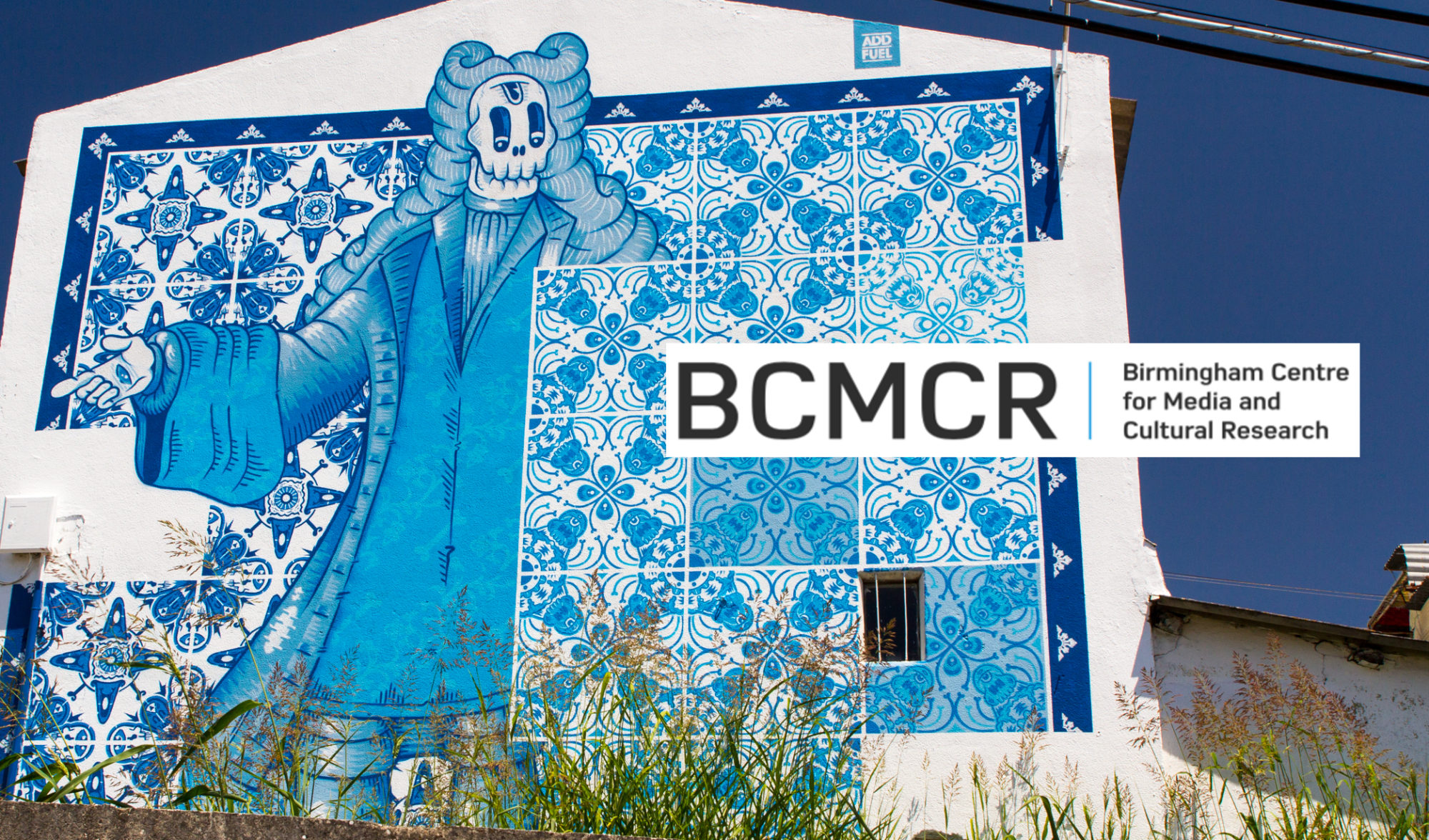Dima presented her talk as part of the Seminar Series. You can find part 2 here and part 3 here.
Resistance-by-Recording: The disappearing archives of the Syrian war
by Dima Saber
The overall aim of this project is to explore the successes and potentialities as well as limitations and challenges that camera-related practices bring to the objectives of contemporary protest movements across the Arab world. We’re looking at 4 main countries of focus Egypt, Palestine, Syria and Yemen.
The project advances a media-practice based approach – with ethnographic field studies – in order to explore and theorize how variously situated activists creatively and strategically use digitally networked cameras and images to address local concerns – within the boundaries of existing media ecologies that offer different opportunities and constraints in each particular setting. Each context generates specific needs, and local actors will modify and renew their image-making strategies to address these shifting needs.
Activists not only use cameras to speak truth to power, but to realize or produce themselves as political subjects and negotiate exactly what such a subjectivity may be and can do. In thus re-centring the agency of human beings over technologies, a critical purpose of the project is also to explore the meanings that practices of creating, distributing, editing, sharing, viewing and archiving images acquire for differently located participants. This is to say that the project attends to political image production also as subjective, embodied and performative practice.
How do you create an image that is not pre-defined by official imagery? I want to explore Arab-image activism as counter-images – as a response to the complete suffocating and constraining aspect of existing images as depicted through the Western neo-colonial stereotyping gaze, and/or through regime-controlled imagery. At the same time I want to question the assumption that grassroots practices would produce a different, new, original, more authentic images of Arab revolt, war, conflict, etc.
I want to ask:
- What drives people to risk everything to create and mobilize rebellious images? What are their motivations, hopes, desires, lived experiences, affects, then and now?
- To what extent, and in what particular ways, are the planning, publicizing and performance of political actions dependent on – both shaped by, and shaping – practices of image making? (How camera-based strategies and tactics are mutually shaping of activists’ larger routines and repertoires of defiance)
- What are the various considerations do activists/archivists articulate about how images are made, and why; about how they are delivered, displayed and re-purposed? About their intended audience(s)? What kinds of political outcome do they hope for vs. what they hoped to achieve back then when they were documenting the uprisings as they were happening, and how do they see the value of their archives and images today, seven years into the uprising.
- What are the main obstacles and limitations they are facing, such as lack of cultural translation and resonance, over-reliance on corporate platforms, the precariousness of the digital
- How do activist camera-mediated practices in the Arab world help organize new formations of political connectivity within, across and beyond the region? How are people connected – or not? How do they work together – or not? I’m interested here in exploring the economy and politics of collaboration.
- What are the ethical aspects of creating distributing, displaying and archiving this imagery? Looking for example at Western institutions’ codified ethical guidelines (news industry! BBC, Al Jazeera etc.) vs. how the activists organise themselves: their own sense of ethics?
- What are the various forms of connections and circulation between specific geographical places and online spaces? How, precisely, are online and offline activities important to each other?
Continue to part 2 here.
Dima is Senior Researcher and Lecturer at the Birmingham Centre for Media and Cultural Research.
